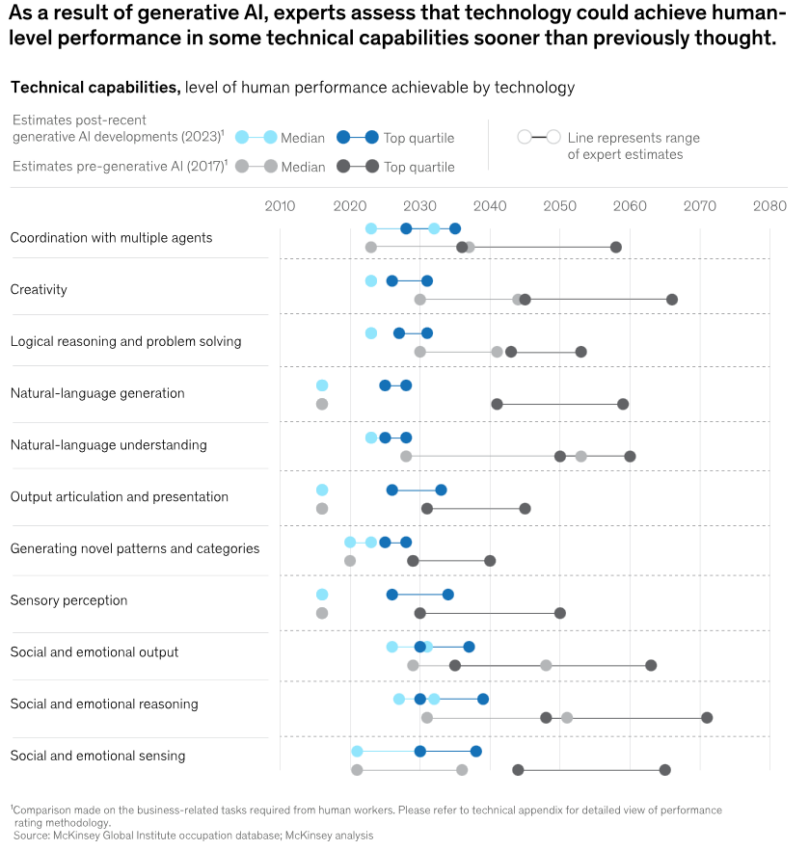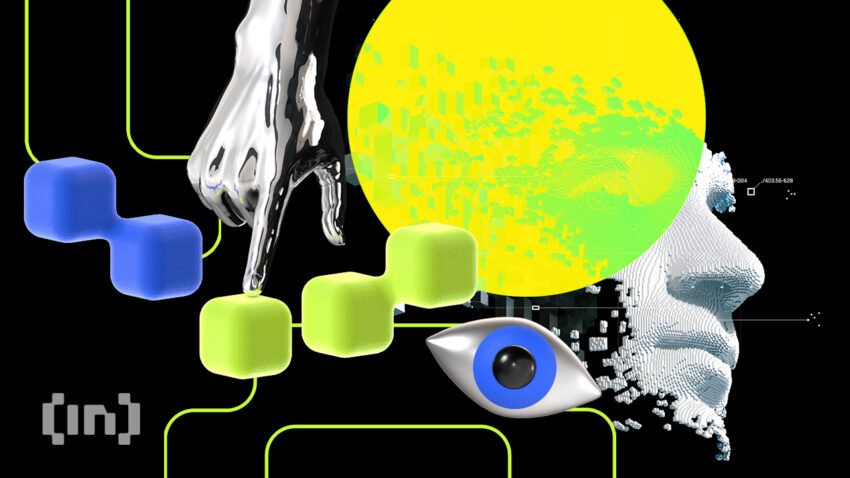Authors including John Grisham, George R.R. Martin, David Baldacci, and Sylvia Day, are suing OpenAI for copyright infringement. The Authors Guild organized the suit on behalf of the plaintiffs at a New York Federal Court on Tuesday.
The authors accuse the ChatGPT maker of “flagrant” breaches of copyrights that amount to theft on a large scale. Martin, in particular, highlighted how the tool allegedly produced an unauthorized Game of Thrones prequel outline using characters he created.
US Fair Use Policy in Spotlight Again
The trade body’s CEO, Mary Rasenberger, said in a statement:
“It is imperative that we stop this theft in its tracks, or we will destroy our incredible literary culture, which feeds many other creative industries in the US.”
In August, OpenAI argued in a California federal court that claims of copyright infringement failed to understand fair use. In the US, the First Amendment right to free speech limits the overreach of copyright infringement claims.
If the authors’ lawsuit claims OpenAI violated copyright by training its models on their work, then OpenAI may counter using provisions made in the First Amendment. If, instead, the linchpin of their argument is that OpenAI created derivative works from protected work, the picture is less clear.
Artificial intelligence (AI) algorithms can consume input data and output derivative works based on that data. According to a Harvard Law expert, a musician creating work in another’s style is not considered a violation of copyright.
But the picture is more opaque when the AI outputs a derivative work.
Upcoming law in the European Union compels developers to disclose the content AI generates in addition to summaries of the copyrighted data it used. This measure ensures that authors are paid for the use of their work.
In the US, major industry players, including OpenAI, recently pledged to self-regulate. Google and Universal Music Group are reportedly building a new tool to pay artists when their content is used in AI music.
Recently, Microsoft promised to pay the legal costs its commercial customers of its GitHub Copilot and Microsoft 365 Copilot may incur from copyright infringement. More specifically, the software maker has pledged to “pay the amount of any adverse judgments or settlements that result from the lawsuit, as long as the customer used the guardrails and content filters we have built into our products.”
Read our review of OpenAI’s popular ChatGPT tool here.
Creatives Fear Potential of Accelerating AI
But one thing is certain – globally, creatives and workers in general are fearing a future where AI replaces them.

Hollywood actors fear losing control of their image after deepfakes featuring A-listers Tom Cruise and Keanu Reeves recently surfaced. Now, actors want to provide informed consent to receive compensation for the use of AI digital doubles, which could be profitable for them.
Find out more about the titanic AI clash between Google and OpenAI here.
In the UK, the House of Commons Committee for Culture, Media, and Sports recently called on the government to balance the needs of creatives and tech companies. It proposed that, besides allowing smaller AI developers access to creative data, the government should consider programs to replenish the diminishing pool of creative talent.
Also joining the outcry is the UK Publishers Association. In a recent letter to the UK government, the trade body implored the government to introduce a licensing regime to regulate the use of intellectual property in AI.
The move is especially important ahead of the UK’s AI Summit set to take place in Bletchley Park in November.
Got something to say about the Authors Guild copyright infringement lawsuit against OpenAI or anything else? Please write to us or join the discussion on our Telegram channel. You can also catch us on TikTok, Facebook, or X (Twitter).
Trusted
Disclaimer
In adherence to the Trust Project guidelines, BeInCrypto is committed to unbiased, transparent reporting. This news article aims to provide accurate, timely information. However, readers are advised to verify facts independently and consult with a professional before making any decisions based on this content. Please note that our Terms and Conditions, Privacy Policy, and Disclaimers have been updated.


